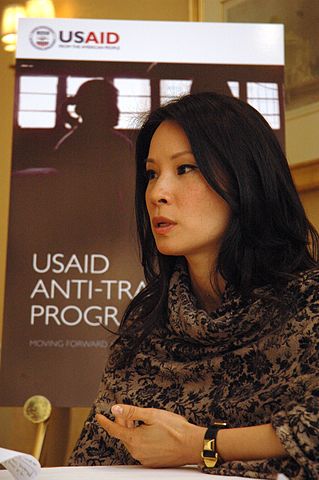Smuggling vs Trafficking
The terms smuggling and trafficking may seem interchangeable, but they have distinct meanings. Both are illegal activities involving drugs, gold, arms, or humans, but it is human smuggling and trafficking that raise the most concern for authorities. Smuggling involves the facilitation, transportation, or illegal entry of persons across an international border, while trafficking does not necessarily require moving humans across borders. Although there are cases of trafficking where people are sent illegally to other countries, human trafficking is considered a more severe crime than human smuggling. This article will discuss the similarities and differences between the two.
What does Trafficking mean?
In the United States, a country that many consider a land of dreams, hundreds of thousands of migrants are sent across borders to enter the country without legal papers. However, out of these migrants, only about 20,000 per year are categorized by authorities as cases of human trafficking. This fact demonstrates that trafficking is a crime. While smuggling is primarily a crime against the state, trafficking is a crime against persons, as they are victims of coercion and exploitation. When fighting against human trafficking, it is essential to combat the violation of human rights. Consent of the person involved is not relevant in human trafficking. Trafficking is exploitative in nature and can occur within borders; people are deceived and sold or bought for undignified purposes.
Key Takeaways
- Smuggling involves the facilitation, transportation, or illegal entry of persons across an international border, while trafficking does not necessarily require moving humans across borders.
- While smuggling is primarily a crime against the state, trafficking is a crime against persons, as they are victims of coercion and exploitation.
- Consent of the person involved is not relevant in human trafficking, and it is exploitative in nature.
What does Smuggling mean?
Although human trafficking is included in human smuggling, it is a specific type that involves the exploitation of the rights of the persons smuggled. Smuggling is mainly a crime against the state. Nations and international organizations fight together against both human smuggling and human trafficking. When combating human smuggling, the sovereignty of nations is sought to be protected. Human smuggling involves the consent of the migrant and is purely commercial in nature. Crossing borders is a prerequisite in human smuggling. People in poor countries are attracted to rich nations, believing they can earn better money and lead better lives in foreign countries than their own. Consequently, they are willing to pay large sums of money to smugglers who promise to deport them and get them entry into their desired country illegally. Sometimes, such aliens become subject to other crimes in their illegal journey and suffer from physical and sexual violence. It is only when they pay the fees of the smugglers in full do they become free. Occasionally, some of the smuggled humans become victims of human trafficking.
What is the difference between Smuggling and Trafficking?
- Human smuggling refers to the illegal entry of human beings into the country they desire to live in, upon payment of money to smugglers.
- Human trafficking does not necessarily involve crossing borders.
- Out of the hundreds of thousands of people illegally transported to the US, only a few thousand suffer from human trafficking.
